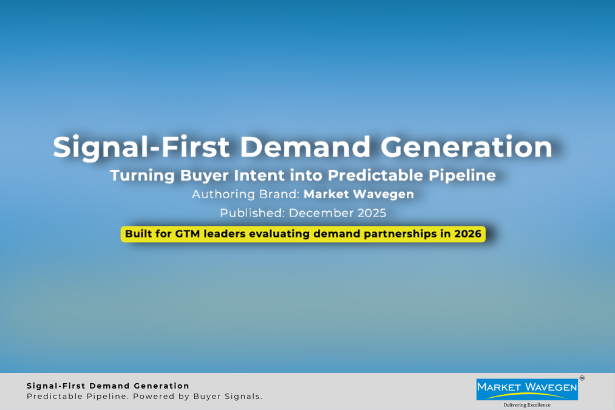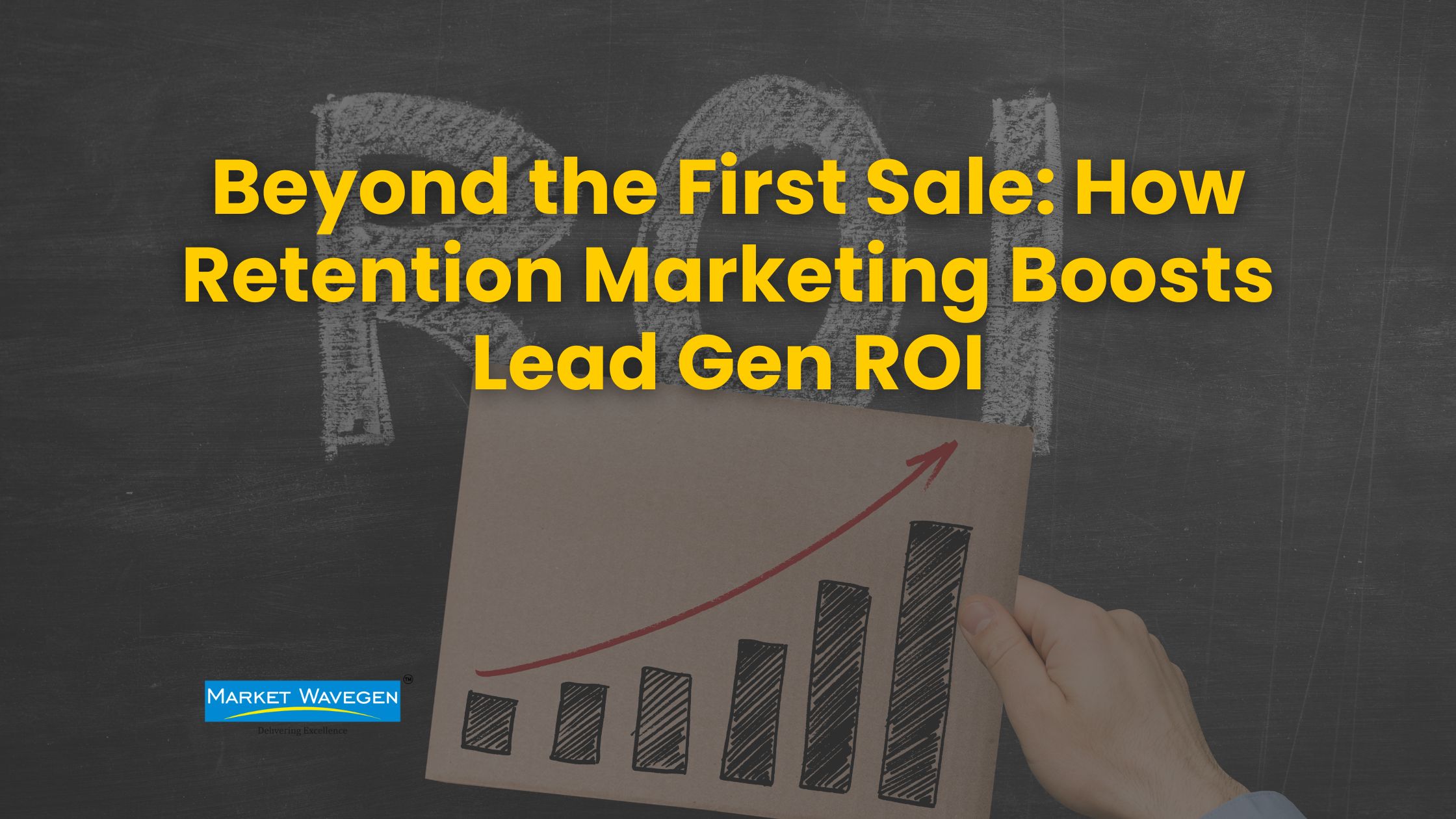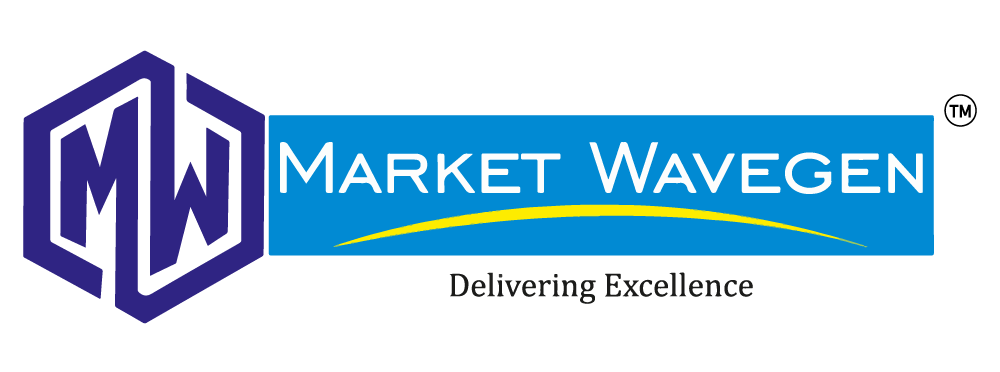Cookies have long been a source of controversy in the digital world, with concerns around data privacy prompting web browsers to phase out their use. As we move towards a cookieless future, businesses that rely on cookies for lead generation will need to adapt their strategies to maintain their competitive edge.
What are cookies and why are they becoming obsolete?
Cookies are small text files that are stored on a user’s device when they visit a website. They contain information about the user’s browsing behavior, which can be used by marketers to target them with personalized ads. However, cookies have been linked to privacy concerns, as they can be used to track users across the web. Additionally, web browsers like Google Chrome, Firefox, and Safari are now blocking third-party cookies by default.
What does this mean for lead generation?
The phasing out of cookies will have a significant impact on lead generation. Marketers will need to find new ways to identify and target potential customers, without relying on cookies. This is where first-party data comes in. First-party data is data that is collected directly from the user, such as information collected through sign-up forms or account registration. This data is more reliable and can be used to create a personalized experience for the user.
Another alternative to cookies is contextual advertising. Contextual advertising involves targeting ads based on the content of the webpage that the user is viewing, rather than their browsing history. This approach is less invasive and respects the user’s privacy.
Transparency and trust will also be key in the cookieless future. Businesses will need to be more transparent about their data collection practices and ensure that they are complying with data privacy regulations such as GDPR and CCPA. By being transparent and building trust with their customers, businesses can create a better user experience and improve their lead-generation efforts. In conclusion, the cookieless future is here, and businesses that rely on cookies for lead generation will need to adapt their strategies to stay competitive. By embracing first-party data, contextual advertising, and transparency, businesses can continue to generate leads in a privacy-friendly way.





